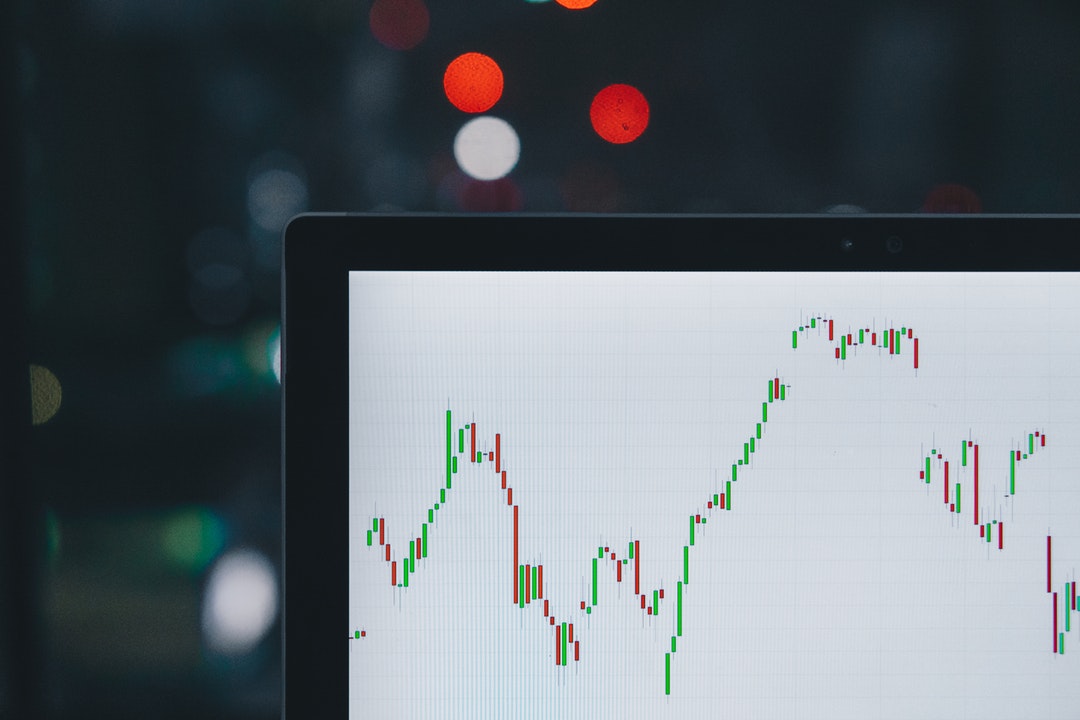- Contact Us Now: 813-200-0013 Tap Here To Call Us
How to Deal with a Large Loss of Money When Trading Stocks

Do you have big dreams of retiring in paradise? Or maybe you have your eye on a luxury car or a bigger house. Achieving these goals may seem impossible, but it doesn’t have to be. You’ve probably heard the famous cliche that you need to “make your money work for you”, and it’s true! Letting your money sit in a bank won’t get you very far. That’s why many people have decided to trade stocks in hopes of getting a nice side income. But navigating the stock market can be tricky. With every big win, there also seems to be a loss. But you can’t let one loss knock you down. Keep reading to learn how you can deal with a large loss of money and get back to trading stocks with confidence.
Cut Your Losses
Why is it that it can be so hard to let go of a loss? We’ve all been there–a trade goes south, but for some reason, you’re hesitant to sell. But holding on can result in you losing even more money–and nobody wants that! The first step to dealing with a loss is to learn how to tell when it’s time to cut your losses. While this may hurt your pride (hey, nobody likes to admit that they made a mistake), it’s probably the best decision you can make. The key is to be consistent with cutting your losses. You want to practice knowing when a decision has gone south and getting out as soon as possible to minimize the consequences.
Take a Break
Alright, so you sold that stock and are officially down a few hundred (or maybe even a few thousand) dollars–now what? Now it’s time to take a breather. Avoid making any decisions regarding buying and selling stocks for at least a day or two. Trading after a big loss is generally a bad idea. You probably feel guilty, angry, upset, or regretful (or a combination of these emotions) after losing money. These feelings will affect your decisions. The last thing you want to do is to make another huge mistake because you were trading with tunnel vision. Instead, clear your head, regroup, and come back in a few days with a fresh perspective.
Take Responsibility
It’s not enough to just take a break from trading, though. You want to use this time to your advantage. Start by taking responsibility for your loss. It can be all too easy to blame someone (or something) else, but that won’t get you anywhere. In fact, it’ll just set you up for another big loss in the future. There is one exception to this–broker misconduct. If you think you may have lost money due to negligence or foul play on your broker’s end, you may be able to recover some of your losses. Talking to a stock loss attorney is a great first step to see if you have a case and what to do next.
Learn from Your Mistakes
Assuming your stock loss wasn’t due to broker misconduct, you’ll want to reevaluate what went wrong with your trade. This is why it’s so important to take responsibility first. Without assuming responsibility, it can be impossible to learn from your mistakes, and you’ll just end up making the same mistake later on. Once your emotions have cooled a bit, take a look at the trade more carefully. Why did it drop in value? What could you have done to predict this? You may want to reevaluate your trading strategy or talk to professionals to get some advice. The important thing to remember is that everyone suffers losses–you just have to learn from them to be a better trader and make more money.
Take Things Slowly
Once a few days have passed and you feel level-headed, it’s time to get back in the game. But, you don’t want to jump in full speed. Many traders think they need to get back all their losses as soon as possible. If you have this mentality, you may want to take an additional day or so before trading again. Understand that getting your money back will take time and patience. When you begin trading again, make careful decisions and don’t jump the gun on any trade. Also, be sure to start trading with smaller sums of money. You’ll likely still feel a little shaken, and trading with less money will decrease the chances of you panicking and making rash decisions.
Build Your Confidence Back Up
Whether you’re nervous to put a dime back into the stock market or you feel pressure to gain your losses back quickly, you’re likely feeling this way because your confidence has been shaken. And we don’t blame you! But in order to become a successful trader, you’ll want to build your confidence back up. Making trades when you’re not sure of yourself will likely result in panicking or selling too early. Stick with the trades you know well. Focus on these and watch your money climb back up to increase your confidence and feel more secure in the market. Only when you feel ready, start making new trades.
Dealing with a Loss of Money
If you want to start trading in the stock market, you’ll have to be prepared for some losses along with those wins. But, losses can hit even the pros hard. Just follow our guide to learn how you can recover from a loss of money in the stock market, so you can get back to making money. Do you think your stock broker is at fault for your loss? Contact us today to take the next steps.









